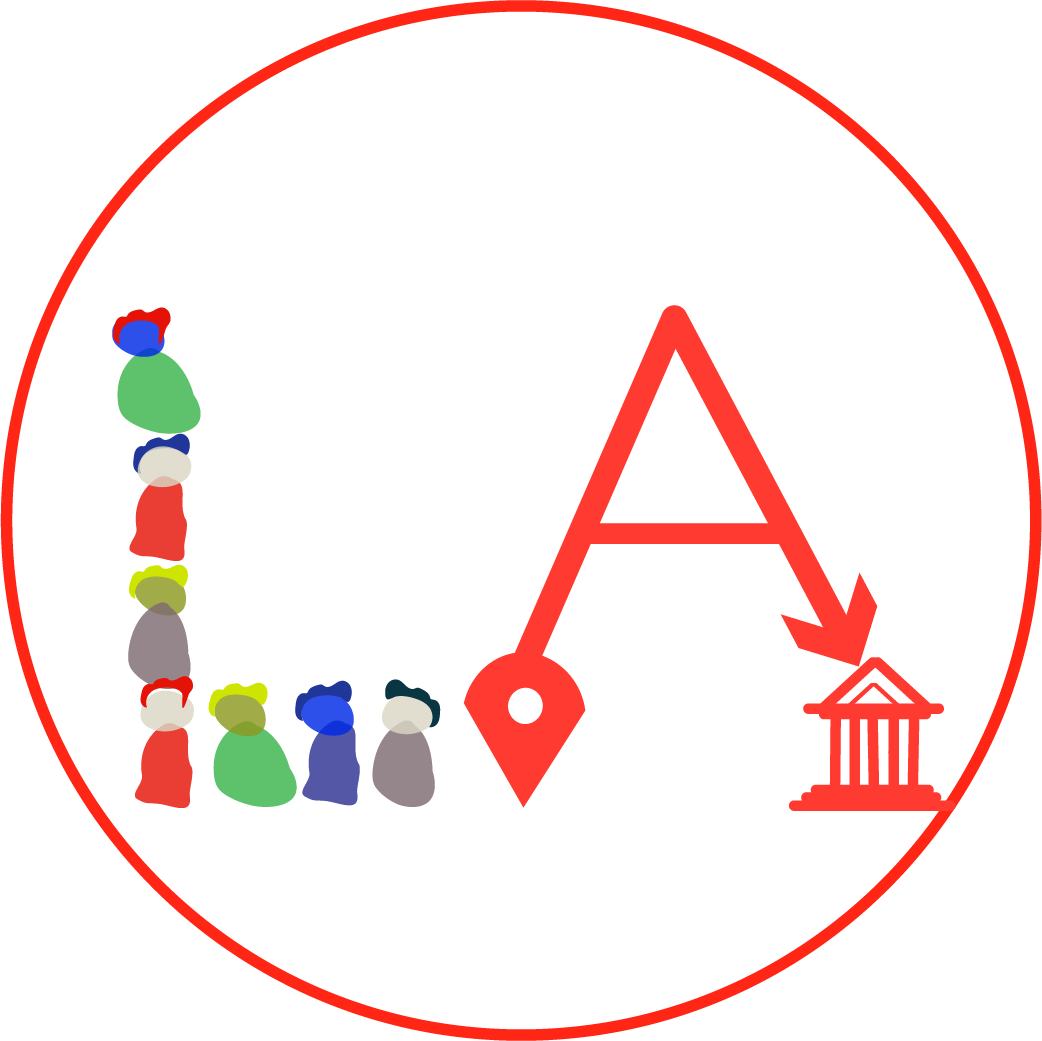During our evolution, countless games have been invented, and are a shared constant of all cultures worldwide. Gaming boards etched in stone can be found across archaeological sites in India. The games vary in type and span the class divide, social setting and are a shared heritage of all Indian people as well as international for some. Project Kheliya is a voluntary effort to survey, document, and share this cultural resource.
With more and more cultural sites gaining the recognition they deserve and increasing preservation efforts, many of these games are under threat to vanish. In the past, preserving an archaeological site meant choosing and highlighting the most glorious historical era, by removing “foreign” elements. For example, did you know that the greek sites of the Parthenon and Eleusis had “modern” villages built on top before they were unearthed? Nowadays, in heritage management, the tendency is to bring to attention all the aspects of the use of a site through its history to connect and understand the evolution of our history and experience.
Kheliya attempts to survey and collect these games on a large scale. Specifically, the project runs with a clear process, which includes documentation, identifying references in literature, oral history, and folklore, data analysis, and promotion.
Their aims:
- Documentation, including location
- Mapping and dating of board games (upper & lower range)
- Analyses of their context in terms of class, caste & religion
- Corroboration with literary sources
- Possibilities of revival
The project is run voluntarily with students, visitors, and caretakers to participate in collecting information inviting them to submit their findings online with a google form or the Instucen centre page.
Already there are many workshops run, like the program, at the request of by Sabri Pratishthan, Vile Parle to participate in their annual “Bal Jallosh” at the Waman Mangesh Dubashi Maidan, Vile Parle East, on November 9 and 10, 2019. During the program, children learned to use as toys or pieces seeds, stones and shells to play traditional board games. (View photos and learn more here.)
You can find updates on the actions of the project are posted on the Instucen centre page.
Local Approach believes this is feasible to implement an initiative for communities internationally, with locals documenting their games to protect their heritage and connect with new generations.
I want to learn more:
Project Khēḷiya: Mapping India’s Heritage Games, (also attached)
Contact: kheliyaproject@gmail.com
Game submission: Instucen centre page

